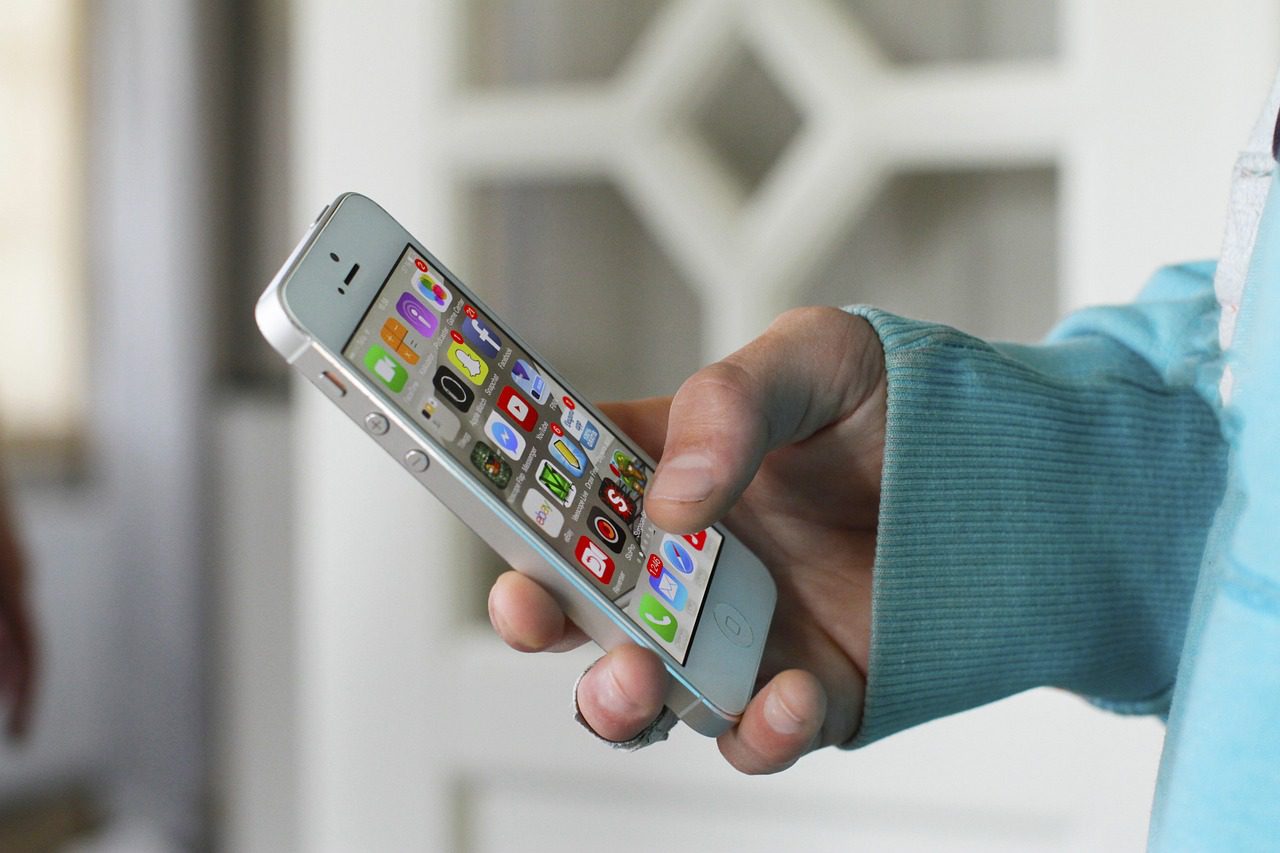Losing someone we love is one of the hardest experiences we can face in life. The emotional weight of grief is often overwhelming, and the process of healing can feel isolating, especially if you’re far away from the people who would typically offer support. Take Jane’s story, for example.
Jane lived several states away from her mother, who had experienced a few minor health scares in the past. However, nothing seemed alarming, and Jane regularly called her mom to check in. One day, out of the blue, Jane received a call with devastating news—her mother had suffered a severe heart attack and passed away.
The grief Jane experienced was immense. Her husband was deployed with the Navy, and her children were young, leaving her feeling isolated in her sorrow. So, where could she turn for support during such a painful time?
The Search for Support
A close friend suggested that Jane look into grief support apps, where users can post their stories, share experiences, and offer each other encouragement. At first, Jane was skeptical. How could an app provide the same level of comfort and understanding as her friends or family? Her church was supportive, offering prayers and assurances, but Jane didn’t feel close enough to anyone there to fully open up. She regretted not having developed deeper friendships within her church community, which left her feeling even more alone in her grief.
Despite her doubts, Jane decided to give the grief app a try. She logged on, shared her story, and sought out support. The app offered suggestions like journaling, creating a to-do list, and practical advice on dealing with the legal and financial aspects of loss. The benefit was clear—Jane could access the support she needed whenever she wanted, with the app available 24/7. However, it wasn’t without its concerns.
The Concerns of Digital Grief Support
While Jane found the app’s accessibility convenient, she also had some serious questions about the privacy and effectiveness of digital grief support. Could she trust the app with her personal information? What happened to her data if the company behind the app shut down? Unlike therapy, where privacy is protected, there were no guarantees when it came to grief apps.
She also wondered how effective AI-driven support could really be. Could a chatbot or algorithm truly provide the comfort and guidance she needed, or was it just a series of pre-programmed responses? And how accurate would the advice be, given that the app only knew what she chose to tell it?
While apps can offer comfort, Jane began to question their limits. Could they really replace the warmth of human connection, or were they simply a temporary band-aid for her grief? Could they take her as far along the healing journey as a real-life support group?
The Human Connection
After weighing these concerns, Jane ultimately decided that her best support came from the human connections around her. Her church offered a grief support group called GriefShare, which helped her connect with others going through similar losses. Through shared stories and the encouragement of people who understood her pain, Jane found the human support she craved.
However, Jane didn’t completely rule out the value of grief apps. For those who may not have access to a supportive community or are in a situation where they can’t find the comfort they need in person, grief apps could still serve as a helpful resource. But Jane learned that they should be used with caution—considering the potential privacy concerns, the limitations of AI-generated responses, and the fact that these apps can’t replace the healing power of genuine, human connection.
In the end, grief apps can serve as an option for people who need immediate, on-demand support, especially if human resources aren’t available. But for long-term healing, the value of human relationships and a real, community-based support network often proves to be irreplaceable.
If you’re considering using a grief app, it’s important to weigh the pros and cons. Think about the privacy of your data, the reliability of the app’s responses, and whether the comfort you’re receiving feels genuine. Above all, remember that grief is a deeply personal experience, and while technology can offer some support, there’s nothing like the healing that comes from human connection.



